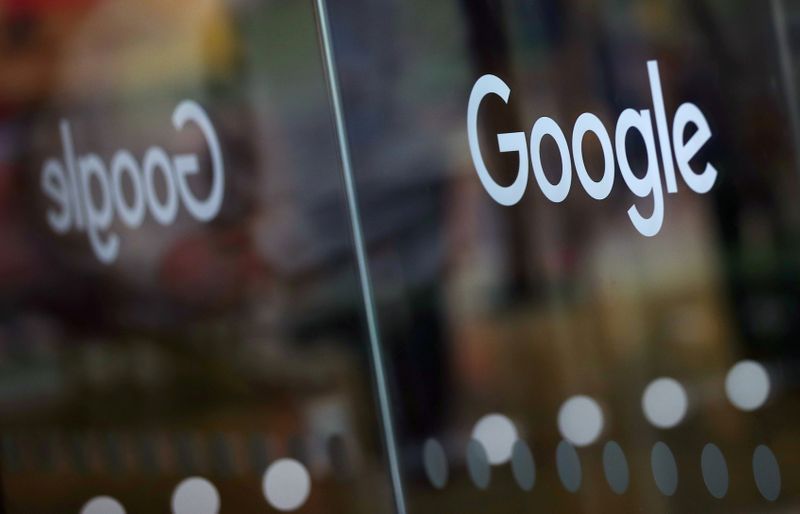This post was originally published on this site
https://i-invdn-com.akamaized.net/trkd-images/LYNXMPEG3T1RF_L.jpg
Google announced the $2.1 billion deal in November, as it seeks to compete with Apple (O:AAPL) and Samsung (KS:005930) in the market for fitness trackers and smart watches. The deal is being evaluated by the U.S. Justice Department to ensure it complies with antitrust law.
Public Knowledge and the Consumer Federation of America wrote in a letter to Attorney General William Barr that because Google has few direct competitors that nascent or potential competition becomes more important.
“It is critical to consider what assets could very effectively offer an avenue for expansion … if allowed to remain independent and team up with dominant platform adversaries,” they wrote in the letter, which was dated on Wednesday and released on Thursday.
Fitbit, whose fitness trackers and other devices monitorusers’ daily steps, calories burned and distance traveled,would give the U.S. tech giant access to a trove of health data.
The groups also argued that although Google says it does not plan to use data collected by Fitbit for advertising, it could be valuable to others.
“By keeping the ongoing data streams that Fitbit has access to out of the hands of a competitor or potential competitor, Google may prevent competition it could otherwise face,” the letter said.
Google declined to comment on the letter but has previously noted that it has no products in the fitness wearables sector, and provides tools for users to control their data, including exporting it to other platforms.
A European Union privacy watchdog, the European Data Protection Board, warned that the purchase could pose privacy risks.
The Justice Department had no immediate comment on the letter.

